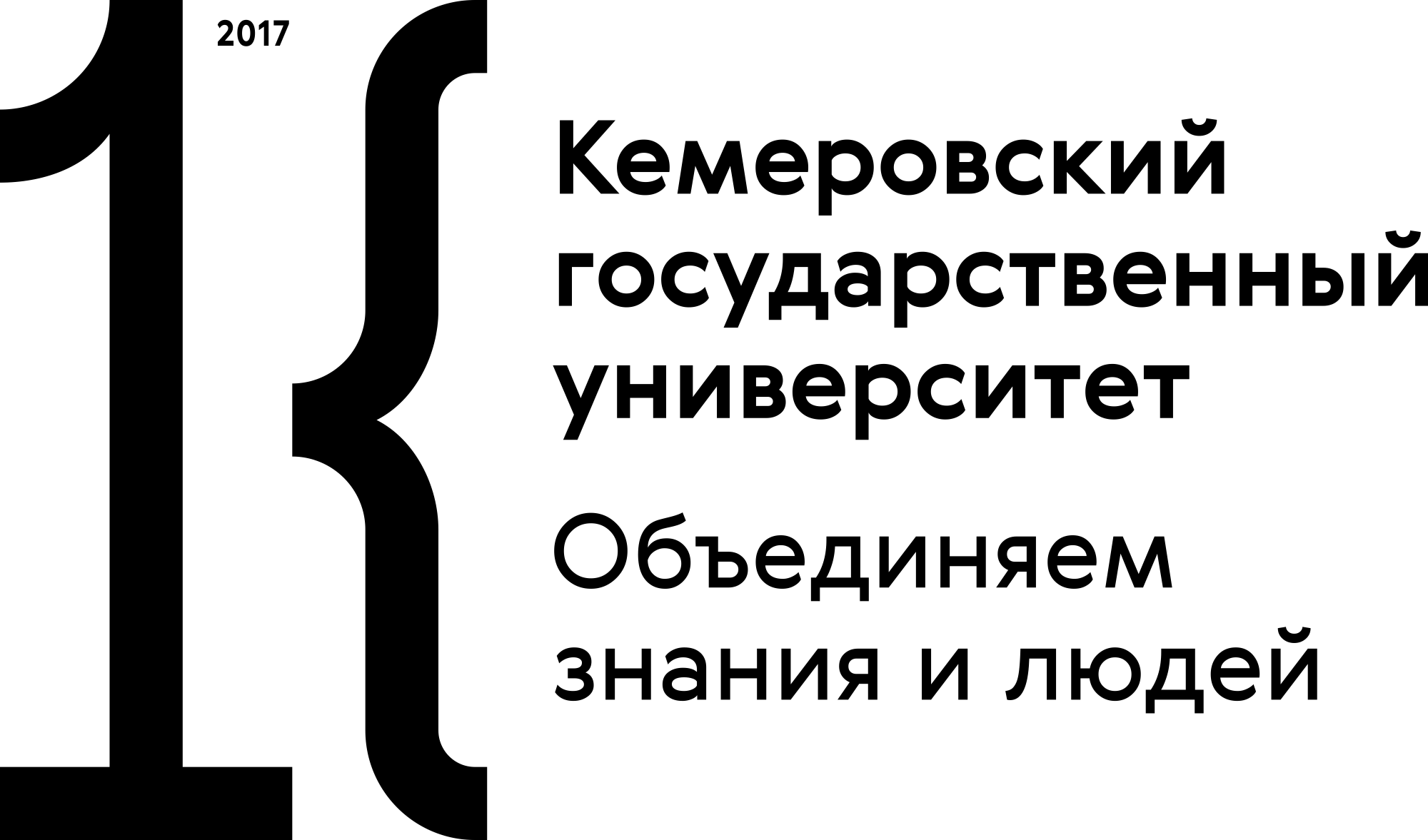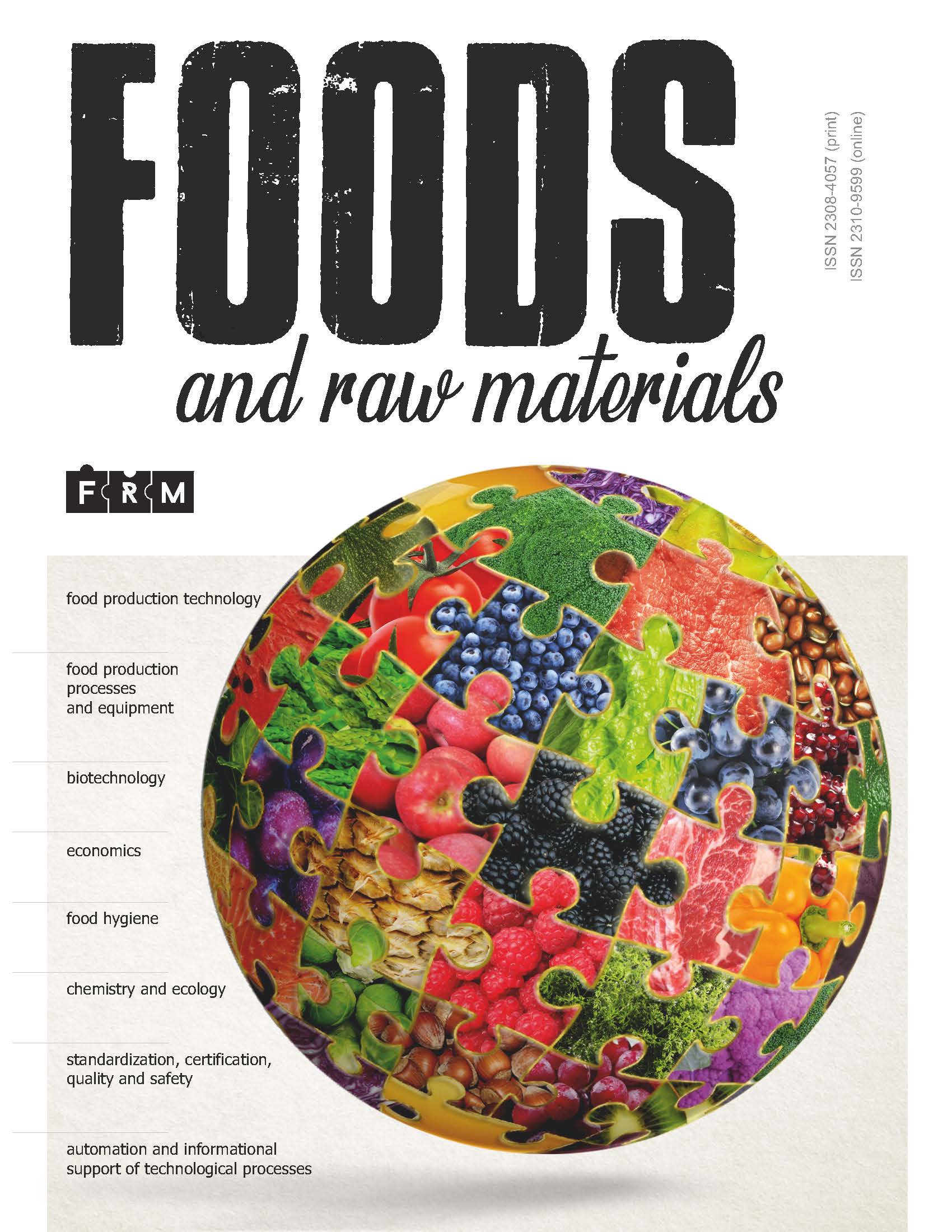Kemerovo, Kemerovo, Russian Federation
Kemerovo, Kemerovo, Russian Federation
Kemerovo, Kemerovo, Russian Federation
Moscow, Moscow, Russian Federation
Abiotic and biotic stresses have a major impact on crop growth. Stress affects the root system and decreases the amount of nutrients in fruits. Modern agricultural technologies help replace mineral fertilizers with new generation biopreparation. Unlike chemical fertilizers, biofertilizers reduce the risk of adverse environmental impacts. Of special interest are extremophilic microorganisms able to survive in extreme conditions. We aimed to study the phytostimulating ability of extremophilic bacteria isolated from disturbed lands in the coal-mining region. We isolated microorganisms from disturbed lands and studied their cultural, morphological, and biochemical properties. Then, we determined their ability to synthesize indole-3-acetic acids. The extremophilic bacteria were identified and subjected to biocompatibility testing by co-cultivation. Next, we created consortia of pure cultures and analyzed biomass growth. Finally, the biopreparation was experimentally tested on Trifolium prantense L. seeds. We isolated 10 strains of microorganisms that synthesized 4.39 to 16.32 mg/mL of indole-3-acetic acid. The largest amounts of the acid were produced by Pantoea spp., Enterococcus faecium, Leclercia spp., Rothia endophytica, and Klebsiella oxytoca. A consortium of Pantoea spp., E. faecium, and R. endophytica at a ratio of 1:1:1 produced the largest amount of indole-3-acetic acid (15.59 mg/mL) and accumulated maximum biomass. The addition of 0.2% L-tryptophan to the nutrient medium increased the amount of indole-3-acetic acid to 18.45 mg/mL. When the T. prantense L. seeds were soaked in the biopreparation (consortium’s culture fluid) at a concentration of 2.5, the sprouts were 1.4 times longer on the 10th day of growth, compared to the control. The consortium of Pantoea spp., E. faecium, and R. endophytica (1:1:1) stimulated the growth of T. prantense L. seeds. Our findings can be further used to develop biofertilizers for agriculture.
Microbial consortium, biopreparation, soil, extremophilic microorganisms, seed germination, Trifolium prantense L
1. Sijpestijn GF, Wezel A, Chriki S. Can agroecology help in meeting our 2050 protein requirements? Livestock Science. 2022;256. https://doi.org/10.1016/j.livsci.2022.104822
2. Krivikhina AA. Analysis of demographic situation in different countries of the world. SCIFF. Questions of Students Science. 2019;39(11):23-28. (In Russ.).
3. Reshetnik EI, Gribanova SL, Egorov DV, Gritsov NV. Plant materials use in the production of fermented milk products for specialized nutrition. Food Industry. 2021;6(4):39-46. (In Russ.). https://doi.org/10.29141/2500-1922-2021-6-4-4
4. Rada AO, Kuznetsov AD. Digital inventory of agricultural land plots in the Kemerovo Region. Foods and Raw Materials. 2022;10(2):206-215. https://doi.org/10.21603/2308-4057-2022-2-529
5. Volkova GS, Kuksova EV, Serba EM. Investigation of biological interstrains and growing properties of lactic acid bacteria production strains. Topical issues of the dairy industry, intersectoral technologies and quality management systems. 2020;1(1):104-109. (In Russ.). https://doi.org/10.37442/978-5-6043854-1-8-2020-1-104-109
6. Jasim B, Jimtha JC, Shimil V, Jyothis M, Radhakrishan EK. Studies on the factors modulating indole-3-acetic acid production in endophytic bacterial isolates from Piper nigrum and molecular analysis of ipdc gene. Journal of Applied Microbiology. 2014;117(3):786-799. https://doi.org/10.1111/jam.12569
7. Kha TZ, Kanarskii AV, Kanarskaia ZA, Shcherbakov AV, Shcherbakova EN. The key plant growth stimulator - rhizobacteria. Vesting of Volga State University of Technology. Series: Forest. Ecology. Nature Managemen. 2020;47(3):58-73. (In Russ.). https://doi.org/10.25686/2306-2827.2020.3.58
8. Fotina NV, Emelianenko VP, Vorob’eva EE, Burova NV, Ostapova EV. Contemporary biological methods of mine reclamation in the Kemerovo Region - Kuzbass. Food Processing: Techniques and Technology. 2021;51(4):869-882. (In Russ.). https://doi.org/10.21603/2074-9414-2021-4-869-882
9. Milentyeva IS, Fotina NV, Zharko MYu, Proskuryakova LA. Microbial treatment and oxidative stress in agricultural plants. Food Processing: Techniques and Technology. 2022;52(4):750-761. (In Russ.). https://doi.org/10.21603/2074-9414-2022-4-2403
10. Onipchenko VG, Kazantseva ES, Elumeeva TG, Zakharova EA, Petrova SE, Akhmetzhanova AA, et al. Abiotic factors have stronger effect on functional traits than biotic ones: The transplantation experiments in alpine belt. Journal of General Biology. 2020;81(5)352-361. (In Russ.). https://doi.org/10.31857/S0044459620050097
11. Nazaryuk VM, Kalimullina FR. Effect of fertilizers and plant residues on the fertility of soil and the yield and chemical composition of grain crops. Agrohimia. 2010;(6):18-27. (In Russ.).
12. Zhang R, Li Y, Zhao X, Degen AA, Lian J, Liu X, et al. Fertilizers have a greater impact on the soil bacterial community than on the fungal community in a sandy farmland ecosystem, Inner Mongolia. Ecological Indicators. 2022;140. https://doi.org/10.1016/j.ecolind.2022.108972
13. Potetnya KM, Sadov AA, Virova OM, Pankov YuV. Role and types of fertilizers in agriculture. Scientific and Technical Bulletin: Technical Systems in Agriculture. 2019;5(5):25-32. (In Russ.).
14. Poveda J, Gonzalez-Andres F. Bacillus as a source of phytohormones for use in agriculture. Applied Microbiology and Biotechnology. 2021;105:8629-8645. https://doi.org/10.1007/s00253-021-11492-8
15. Sezgin M, Kahya M. Phytohormones. Bitlis Eren University Journal of Science and Technology. 2018;8(1):35-39. https://doi.org/10.17678/beuscitech.386726
16. Ramírez-Cariño HF, Morales I, Guadarrama-Mendoza PC, González-Terreros E, Martínez-Gutiérrez GA, Dunlap CA, et al. Biofertilizing effect of putative plant growth promoting rhizobacteria in vitro and in tomatillo seedlings (Physalis ixocarpa Brot.). Scientia Horticulturae. 2023;308. https://doi.org/10.1016/j.scienta.2022.111567
17. Brahmaprakash GP, Sahu PK. Biofertilizers for sustainability. Journal of the Indian Institute of Science. 2012;92:37-62.
18. Kerchev P, van der Meer T, Sujeeth N, Verlee A, Stevens CV, Breusegem FV, et al. Molecular priming as an approach to induce tolerance against abiotic and oxidative stresses in crop plants. Biotechnology Advances. 2020;40. https://doi.org/10.1016/j.biotechadv.2019.107503
19. Kumaraswamy RV, Kumari S, Choudhary RC, Pal A, Raliya R, Biswas P, et al. Engineered chitosan based nanomaterials: Bioactivities, mechanisms and perspectives in plant protection and growth. International Journal of Biological Macromolecules. 2018;113:494-506. https://doi.org/10.1016/j.ijbiomac.2018.02.130
20. Drozdova MYu, Pozdnyakova AV, Osintseva MA, Burova NV, Minina VI. The microorganism-plant system for remediation of soil exposed to coal mining. Foods and Raw Materials. 2021;9(2):406-418. https://doi.org/10.21603/2308-4057-2021-2-406-418
21. Zaghian S, Shokri D, Emtiazi G. Co-production of a UV-stable bacteriocin-like inhibitory substance (BLIS) and indole-3-acetic acid hormone (IAA) and their optimization by Taguchi design in Bacillus pumilus. Annals of Microbiology. 2012;62:1189-1197. https://doi.org/10.1007/s13213-011-0359-6
22. Krivushina AA, Startsev VO. Micromycetes-destructors of polymeric materials among extremophilic microorganisms (review). Proceedings of VIAM. 2022;107(1):123-134. (In Russ.). https://doi.org/10.18577/2307-6046-2022-0-1-123-134
23. Morozkina EV, Slutskaya ES, Fedorova, TV, Tugay TI, Golubeva LI, Koroleva OV. Extremophilic microorganisms: Biochemical adaptation and biotechnological application (review). Applied Biochemistry and Microbiology. 2010;46(1):1-14. https://doi.org/10.1134/S0003683810010011
24. Stepanova OI, Prosyannikov VI. Acidity of arable soils and efficiency of liming in the Kemerovo region. Agrochemical Herald. 2019;(3):37-41. (In Russ.).
25. Edelev AV, Sokolov DA, Yurkevich NV, Stepanova MV. Experience in the use of the fertile soil layer for the reclamation of non-ferrous metallurgy waste (Kemerovo region). Interexpo GEO-Siberia. 2022;2(2):347-354. (In Russ.). https://doi.org/10.33764/2618-981X-2022-2-2-347-354
26. Kondratenko YeP, Starovoytova YeV, Starovoytov AV, Shaydulina TB, Soboleva OM. The floristic composition of segetal vegetation in spring barley crops. Bulletin of Altai State Agricultural University. 2020;185(3):35-47. (In Russ.).
27. Zenova GM, Manucharova NA, Zvyagintsev DG. Extremophilic and extremotolerant actinomycetes in different soil types. Pochvovedenie. 2011;(4):457-478. (In Russ.).
28. Morozkina EV, Slutskaya ES, Fedorova TV, Golubeva LI, Koroleva OV, Tugay TI. Extremophilic microorganisms: Biochemical adaptation and biotechnological application (review). Applied Biochemistry and Microbiology. 2010;46(1):5-20. (In Russ.).
29. Yumatova MA. Studying of physiological and biochemical characteristics of Bacillus subtilis bacteria. Herald of Science and Education. 2019;60(6-2):5-8. (In Russ.).
30. Popova AM, Mischenko TA. Elements of bacteriology at school. Syktyvkar University Bulletin. Series 2: Biology. Geology. Chemistry. Ecology. 2020;16(4):98-108. (In Russ.).
31. Belkina DD, Yurchenko EG, Karpova DV. Bacterial and yeast communities of vine of Moldova and Merlot grape varieties. Scientific works of the North Caucasian Federal Scientific Center for Horticulture, Viticulture, and Winemaking. 2021;33:69-73. (In Russ.). https://doi.org/10.30679/2587-9847-2021-33-69-73
32. Pereira APM, Stradiotto GC, Freire L, Alvarenga VO, Crucello A, Morassi LLP, et al. Occurrence and enumeration of rope-producing spore forming bacteria in flour and their spoilage potential in different bread formulations. LWT. 2020;133. https://doi.org/10.1016/j.lwt.2020.110108
33. Siddiqui F, Gupta A, Purwar S, Saigal S, Sharma JP. A prospective study to reduce turnaround time of microbiologically positive blood cultures in patients with sepsis in intensive care unit. Indian Journal of Medical Microbiology. 2022;40(4):541-546. https://doi.org/10.1016/j.ijmmb.2022.07.014
34. Sun H, Zhang J, Liu W, E W, Wang X, Li H, et al. Identification and combinatorial engineering of indole-3-acetic acid synthetic pathways in Paenibacillus polymyxa. Biotechnology for Biofuels and Bioproducts. 2022;15. https://doi.org/10.1186/s13068-022-02181-3
35. Lei H, Peng Z, Yigang H, Yang Z. Vegetation succession and soil infiltration characteristics under different aged refuse dumps at the Heidaigou opencast coal mine. Global Ecology and Conservation. 2015;4:255-263. https://doi.org/10.1016/j.gecco.2015.07.006
36. Siddiqui F, Gupta A, Purwar S, Saigal S, Sharma JP. A prospective study to reduce turnaround time of microbiologically positive blood cultures in patients with sepsis in intensive care unit. Indian Journal of Medical Microbiology. 2022;40(4):541-546. https://doi.org/10.1016/j.ijmmb.2022.07.014
37. Zandanova TN, Gogoleva PA. Selection of medium for obtaining bacterial concentrate of microbial consortium. Bulletin of KSAU. 2018;140(5):227-232. (In Russ.).
38. Borisova EE. The role of red clover in the ecologization and biologization of agriculture. Symbol of Science: International Scientific Journal. 2016;16(4-4):56-61. (In Russ.).
39. Luziatelli F, Ficca AG, Bonini P, Muleo R, Gatti L, Meneghini M, et al. A genetic and metabolomic perspective on the production of indole-3-acetic acid by Pantoea agglomerans and use of their metabolites as biostimulants in plant nurseries. Frontiers in Microbiology. 2020;11. https://doi.org/10.3389/fmicb.2020.01475
40. Lee K-E, Radhakrishnan R, Kang S-M, You Y-H, Joo G-J, Lee I-J, et al. Enterococcus faecium LKE12 cell-free-extract accelerates host plant growth via gibberellin and indole-3-acetic acid secretion. Journal of Microbiology and Biotechnology. 2015;25(9):1467-1475. https://doi.org/10.4014/jmb.1502.02011
41. Snak A, Vendruscolo ECG, dos Santos MF, Fiorini A, Mesa D. Genome sequencing and analysis of plant growth-promoting attributes from Leclercia adecarboxylata. Genetics of Microorganisms. 2021;44(1). https://doi.org/10.1590/1678-4685-GMB-2020-0130
42. Shurigin V, Egamberdieva D, Li L, Davranov K, Panosyan H, Birkeland N-K, et al. Endophytic bacteria associated with halophyte Seidlitzia rosmarinus Ehrenb. ex Boiss. from saline soil of Uzbekistan and their plant beneficial traits. Journal of Arid Land. 2020;12(5):730-740. https://doi.org/10.1007/s40333-020-0019-4
43. Jahn L, Hofmann U, Ludwig-Müller J. Indole-3-acetic acid is synthesized by the endophyte Cyanodermella asteris via a tryptophan-dependent and -independent way and mediates the interaction with a non-host plant. International Journal of Molecular Sciences. 2021;22(5). https://doi.org/10.3390/ijms22052651











